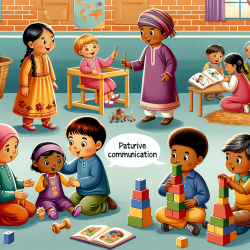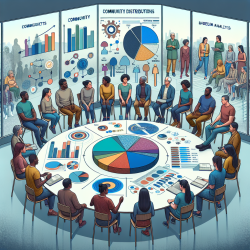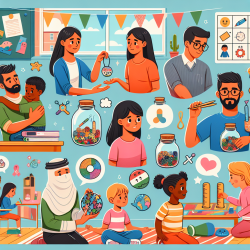As professionals dedicated to improving the lives of children who have completed treatment for brain tumors, we constantly seek evidence-based methods to enhance their everyday functioning. The recent study titled Using ICF to Describe Problems With Functioning in Everyday Life for Children Who Completed Treatment for Brain Tumor: An Analysis Based on Professionals' Documentation offers valuable insights into how we can leverage the International Classification of Functioning, Disability and Health (ICF) to achieve this goal.
Brain tumors in children can lead to persistent issues that affect their ability to participate in daily activities, especially in educational settings. The study highlights that professionals in healthcare, habilitation, and school settings often document these issues, but their focus tends to be fragmented. By using the ICF classification system, we can create a more comprehensive view of these children’s needs and improve interdisciplinary collaboration.
Key Findings from the Study
- Documentation Focus: Most documented problems were found in healthcare records, while habilitation and school records were sparse. The frequently occurring codes were linked to body function components.
- Holistic View: To maximize the comprehensive view of children’s functioning, it is essential to identify and link difficulties across body impairments, activity limitations, and participation restrictions.
- Network Visualization: Network diagrams were used to illustrate clusters of problems, offering a holistic picture of relations between ICF codes and issues.
Implementing the Study’s Findings
To improve outcomes for children post-brain tumor treatment, practitioners can take the following steps:
- Adopt ICF Framework: Use the ICF to document and analyze problems across healthcare, habilitation, and school settings. This approach ensures a holistic understanding of each child’s needs.
- Interdisciplinary Collaboration: Foster better communication and collaboration among professionals from different services. Regular interdisciplinary meetings can help create cohesive support plans.
- Utilize Network Visualizations: Apply network visualization techniques to identify patterns and co-occurrences of problems. This method can help target interventions more effectively.
Encouraging Further Research
While the study provides a strong foundation, further research is necessary to refine these methods and validate their effectiveness. Practitioners are encouraged to contribute to ongoing research and share their findings with the broader community.
To read the original research paper, please follow this link: Using ICF to Describe Problems With Functioning in Everyday Life for Children Who Completed Treatment for Brain Tumor: An Analysis Based on Professionals' Documentation.










